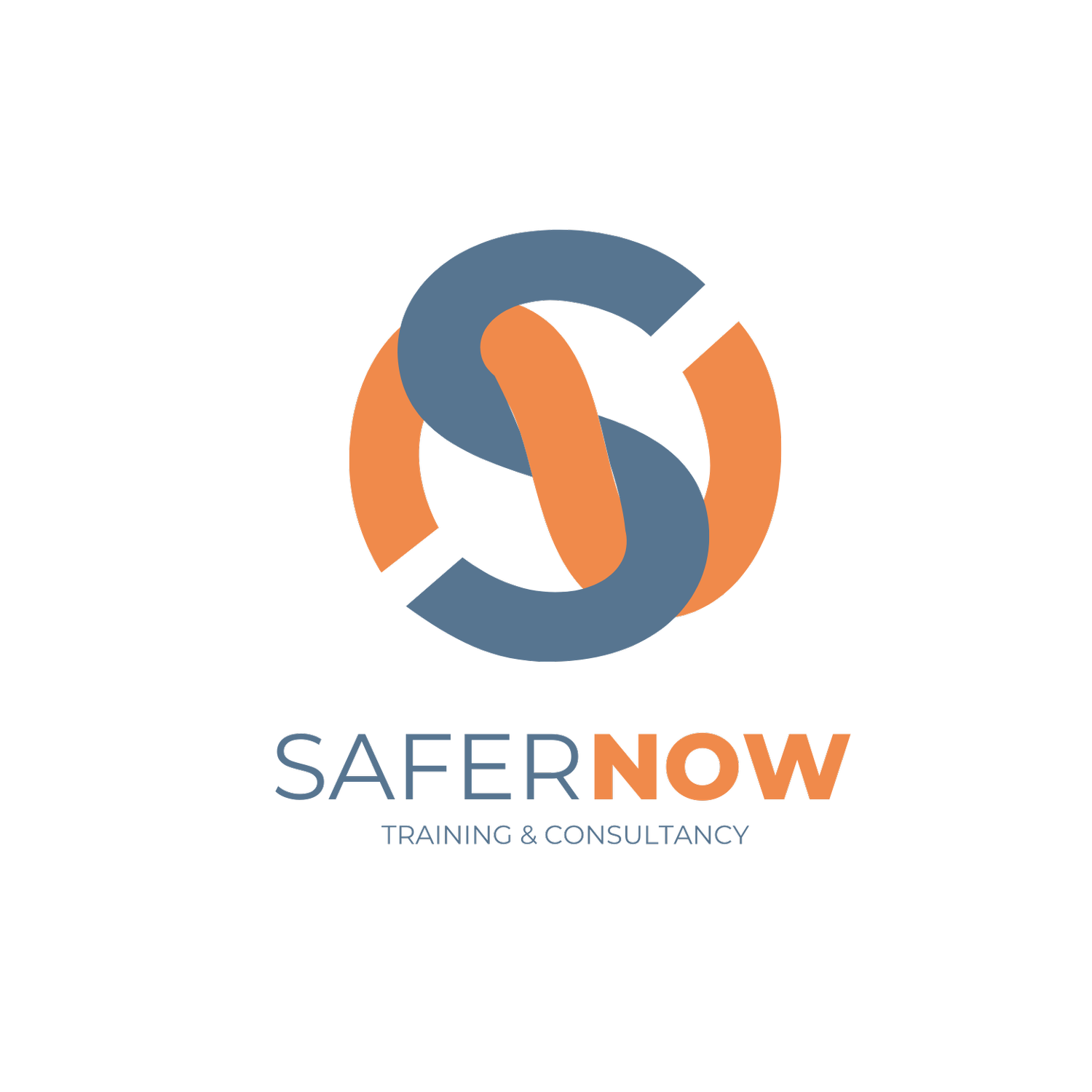
Training Topics: Trauma Informed Practice
Trauma Informed Practice
Trauma is often the driver for behaviour, as it is embedded in the physiology of those who have experienced it.
Develop an understanding of the definition of trauma, it’s impacts and how trauma may present in-context.
Develop an understanding of Polyvagal Theory, as well as the Neurosequential Model of Theraputics - to support psychological safety, regulation and de-escalation.
Develop an understanding of how to support psycho-education, supporting young people to self-regulate.
This training can be adapted to suit community work, secure settings and hospital settings.
Full Day Workshop
Young People, Violence and Trauma
Develop a greater understanding of not simply what trauma is and how that trauma can impact someone, but how those impacts can play out in real-time and how to support a young person exposed. Expanding on our knowledge of the bio-psycho-social impacts to learn how we can apply what is often called trauma-informed practice into our daily work within complex and unsafe contexts young people experience.
Have an understanding of various typologies of trauma, from developmental to intergenerational, systemic and incident-based trauma
Have an understanding of how that trauma can impact as children and present in adolescence, both biological and behavioural.
Have an understanding of how such trauma can play out in communities, including in relation to serious youth violence
Have an understanding of how to practice trauma-informed and trauma-responsively
Full Day Workshop
Trauma Informed Assessments, Language, Recording and Reporting
The power of language cannot be understated, whether verbal or written. Words have power that can be supportive or detrimental to the outcomes of those they are communicating about. Exploring where the power lies within words, what alternatives can be used and how we can ensure compassion in all that we do - is the overall purpose of this training
Understanding language and its power in safeguarding
Implementing TI language into our communications
Reframing common phrasing into TI and person centred language
Half Day Workshop

